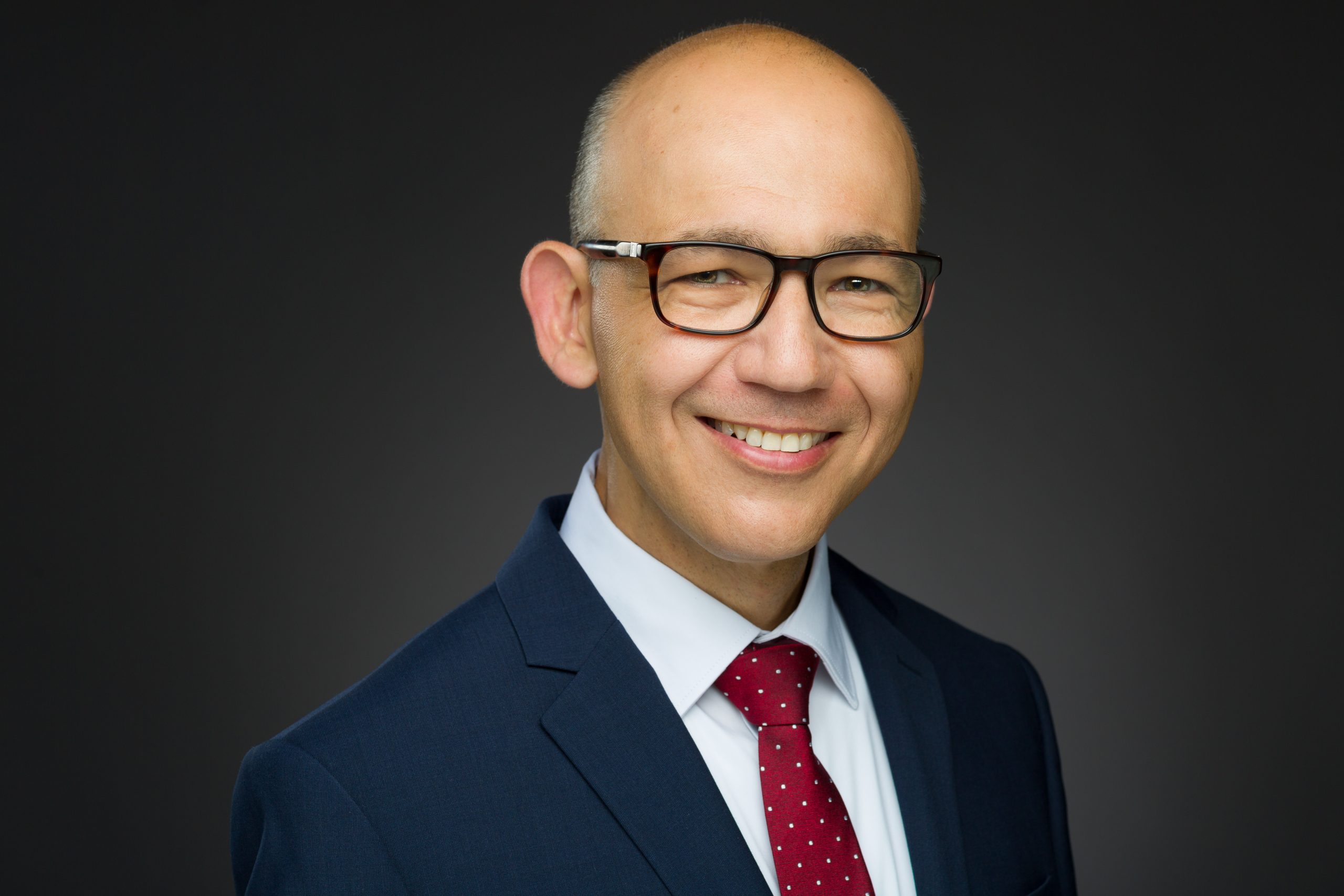Many people think it’s easier being a physician leader than being in clinical practice. In a leadership role, you’re free from making rounds and caring for a myriad of patients throughout the day. Leaders appear to be in a bubble of meetings and paperwork. Clinical practice has gotten quite a bit more challenging over the last decade. But there are some startling differences that can make being a physician leader infinitely more challenging. It’s important for us to recognize those challenges so we can set leaders up for better success.
We need more discussions about equipping leaders because as things stand, we aren’t doing a great job of helping them. We invest, according to some estimates, billions on leadership development and training, but the results just aren’t proving a good return. CEOs are replaced with regularity, turnover is high, satisfaction is low. So it appears we need a more effective way to teach and support leaders.
The Differences Between Clinical Practice & Leadership Roles
A full-time practicing clinician knows where their boundaries begin and end. Your responsibility is to yourself and your patients. You’re focused on your own performance, your ability to connect with the patient, your ability to do things that you will be evaluated on, and all of that gives you control of your destiny. Most clinical physicians, if they work hard, if they do good work, they will succeed. But that’s not always the case with leadership roles.
You can work as hard as possible and do everything you can to improve and move in the right direction and still fail miserably.
And there’s a key differentiating reason for that — so much of your effectiveness as a leader is based on your individual ability to change and influence others. That’s a huge switch for most leaders who have been in clinical practice. And if we don’t help them to see the difference, they’ll lean on their old ways of just working harder, without the perspective to do better.
Leadership roles become so much less about individual performance, which is all most of us have experienced up until our first appointment into a management role. Medical school, residency, our practice — we were always the key metric for our success. The methods we’ve mastered for succeeding — digging into the work, reading, studying — might be completely ineffective to our leadership success.
Crafting an Ideal Leadership Program
If I had the power to create the ideal training program for new physician leaders (and current ones for that matter!) there would be several key ingredients I’d make sure to include.
- Learning through Doing. Here’s an analogy I like to give to describe this: Let’s imagine two people want to learn to play the piano, you and I. I’m going to read all about the piano and how pianos are made and how they’re tuned and how they work. I’m going to study the genesis of the instrument and the transformation of pianos. I’ll study the science of piano playing and the great composers and performers. I’ll take this comprehensive, overwhelming approach to knowing the piano. You on the other hand, are just going to sit down in front of a piano and start hammering the keys…every day. Maybe someone teaches you the musical scales, but that’s it. The rest of your time is spent just practicing those scales over and over.
If we both do our studying for a few years, who will know how to play the piano? I’m fairly confident that you will be an infinitely better piano player than me. And I think the same is true for leadership. Leadership is not a science to be learned. Instead, I think it’s much more of a psychomotor skill, much like playing the piano. Of course it needs a little bit of knowledge, but really can only be developed through practical experience.
- The Classroom Phenomenon. Now let’s talk about gaining that knowledge. More often than not, that involves the C Suite going off campus for a weekend with a high-powered keynote speaker who talks about the latest and greatest in leadership. You might get your personality profile completed, deep dive into your stats, and then return to campus. These leadership building trips and workshops usually get everyone pumped on whatever the teachings are. People are excited, they’re optimistic, and then…Well then after a week or two and the buzz of the event has word off, things go back to just how they used to be. Everyone falls back into their old habits. Why? Because this type of classroom learning doesn’t last for the long-term.
This brings up another comparison and this one involves Alcoholics Anonymous, because of their success rates. Let’s suppose we bring a dozen people together who are unfortunately suffering from alcoholism. We bring them together for a lecture and we explain to them how bad drinking is for them. We make the suggestion that the best thing for them and their families is for them to stop drinking. The message would probably resonate with at least half of the people there and they would leave believing what you said was true and they should change. But, how many of them will be drinking again in a few days or weeks after your speech.
So what does Alcoholics Anonymous do that is so different, that makes it effective? AA uses a small group model where people can discuss their issues together. And one of the key features is an accountability partner, someone who you’re paired with who you can call when you’re struggling, someone who checks in with you. That’s real individual accountability and that’s much more effective of a model. It’s important to note that this accountability needs to come from a positive, compassionate place, it can’t be negative or it will just cause people to pull back and retreat inward. To succeed in any type of long-term embedded change, whether it’s breaking an addiction or being a better leader, the same philosophy of continuous benevolent accountability in small groups still applies.
Speakers and experts have their place, but the best lessons are given by those that have real world experience and understands what leaders in healthcare are going through. But part of that involves making this a long-term process (like AA!). If the coach is following up on a regular basis, providing practical experience, and creating some level of accountability, that’s a better recipe for helping leaders become more effective.






Leave A Reply